Sociologist and Miami resident Anthony P. Maingot has written a cultural history of this vibrant city, which boasts the highest percentage of foreign-born residents in the US. Miami, or “Sweet Water” in the Creek Indian language, is one of the newest cities in the United States. While northern Florida was fought over by European powers and finally taken by the Americans as part of the slave-worked plantation South, Miami lay largely ignored and populated by more alligators than humans until its incorporation as a city in 1896. The driving force was Henry Flagler, who brought his railroad down to Miami and from there to Key West—and trade with Cuba. Once settled, “Tin Can” tourists from the North, Midwest and South rode their Model-T Fords down to Florida and Miami and the boom in land sales began. After the Prohibition period and the heyday of the bootleggers, a new but still segregated Miami emerged from the Second World War. Miami Beach became a tourist mecca and once Disney World opened in Orlando, millions passed through Miami to reach it and Florida and Miami entered a new era of growth and development. It was Fidel Castro, however, who created present-day Miami by exiling over a million of Cuba's middle class. Showing enormous entrepreneurial skill and an exuberant taste for life, Cubans and more recently, Brazilians, Venezuelans and Colombians created the first Latin and “tropical” city in the US. Anthony P. Maingot explores the momentous history and vibrant culture of this most cosmopolitan city. With the highest percentage of foreign-born residents in the US, Miami is a melting-pot of music, dance, visual arts, cuisine sports and political argument. Maingot reveals how this unique cultural mix keeps the new city humming and ensures the perpetuation of its tropical joie de vivre. * City of migrants and tourists: “capital of Latin America and the Caribbean”; Little Havana and Little Haiti; exiles and entrepreneurs; the world's biggest cruise ship hub. * • City of crime: the Prohibition boom; Al Capone, Meyer Lansky and the mob; Miami Vice and modern-day drug crime. * City of culture: art deco architecture; the Latin recording industry; writers of the Caribbean Diaspora; center of performing arts.

Cyber War
Robert K. Knake, Richard A. Clarke
audiobook
The Shortest History of Germany
James Hawes
audiobookbook
PTSD : A Short History
Allan V. Horwitz
audiobook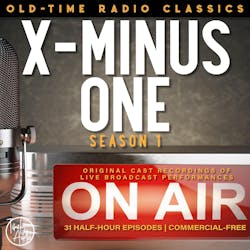
X-Minus One, Season 1: 31 Half-Hour Episodes
Ray Bradbury, Isaac Asimov, Clifford D. Simak, Ernest Kinoy, Frederik Pohl, Fritz Leiber, George Lefferts, J.T. McIntosh, James Blish, L. Sprague de Camp, Philip K. Dick, Poul Anderson, Robert A. Heinlein, Robert Block, Robert Sheckley, Robert Silverberg, Theodore Sturgeon, Thomas Godwin, William Tenn
audiobook
Inside the Nazi Ring
H.M. Denham
audiobook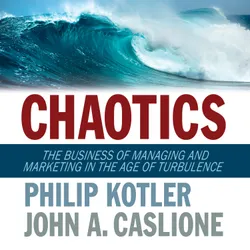
Chaotics : The Business of Managing and Marketing in The Age of Turbulence
John A. Caslione, Philip Kotler
audiobook
The Shortest History of China
Linda Jaivin
audiobook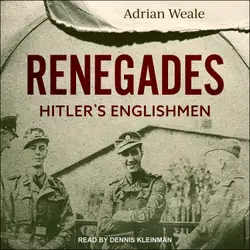
Renegades
Adrian Weale
audiobook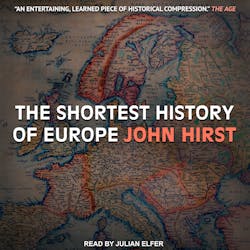
The Shortest History of Europe
John Hirst
audiobookbook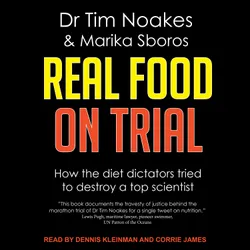
Real Food On Trial
Tim Noakes, Marika Sboros
audiobook
Hell and Other Destinations : A 21st-Century Memoir
Madeleine Albright
audiobook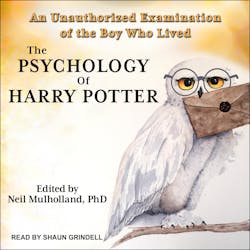
The Psychology of Harry Potter
Neil Mulholland
audiobook

